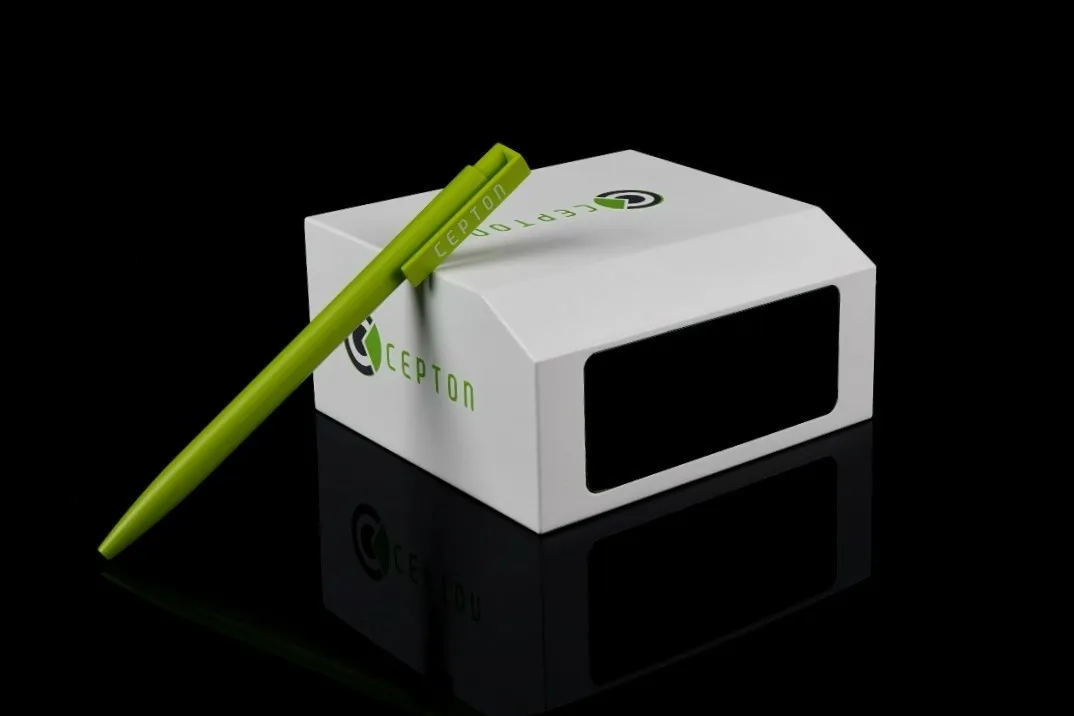
Cepton Technologies has released its $1,000 Lidar for use in advanced driver assistance systems (ADAS) and autonomous vehicles.
The Vista-X90 is the latest in the Silicon Valley start-up's Vista-X automotive grade sensor range and the company insists it has been optimised for ease of vehicle integration.
“We are excited to disrupt the industry with the Vista-X90, which is the most cost-effective, high-performance lidar in the world for automotive applications,” said Cepton CEO Dr. Jun Pei.
“Automotive Lidars have historically had either low performance at acceptable cost or claimed high performance while being too expensive for many OEM programmes. The Vista-X90 fundamentally changes the game by bridging that divide and delivering the optimal mix of performance, power, reliability and cost. This is an integral part of our plan to make Lidar available as an essential safety device in every consumer vehicle in the world.”
The firm says it is "targeted for production in 2022 and beyond", and samples are available on request.
It weighs less than 900g and achieves up to 200m range at 10% reflectivity with an angular resolution of 0.13°.
Power consumption is <12W and the sensor supports frame rates of up to 40Hz.
Cepton says it can be 'seamlessly' integrated in a vehicle's fascia, behind the windshield or on the roof.
The Vista-X90 has a licensable design architecture powered by Cepton’s patented Micro Motion Technology (MMT), and is capable of high resolution and long range 3D imaging.
The ISO26262 ASIL-B sensor supports Autosar and over-the-air (OTA) functionality, with advanced capabilities for factory, extrinsic and dynamic calibration.







